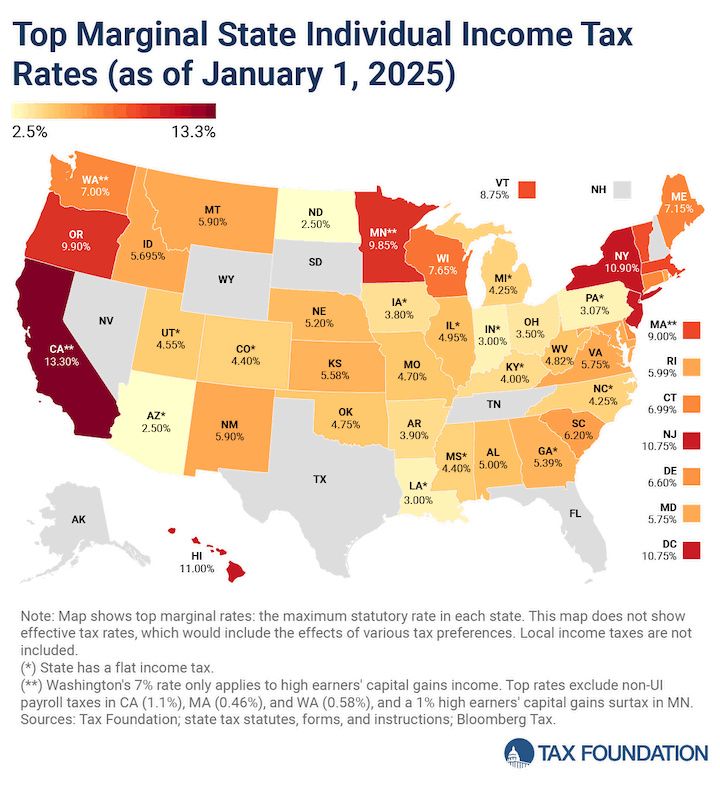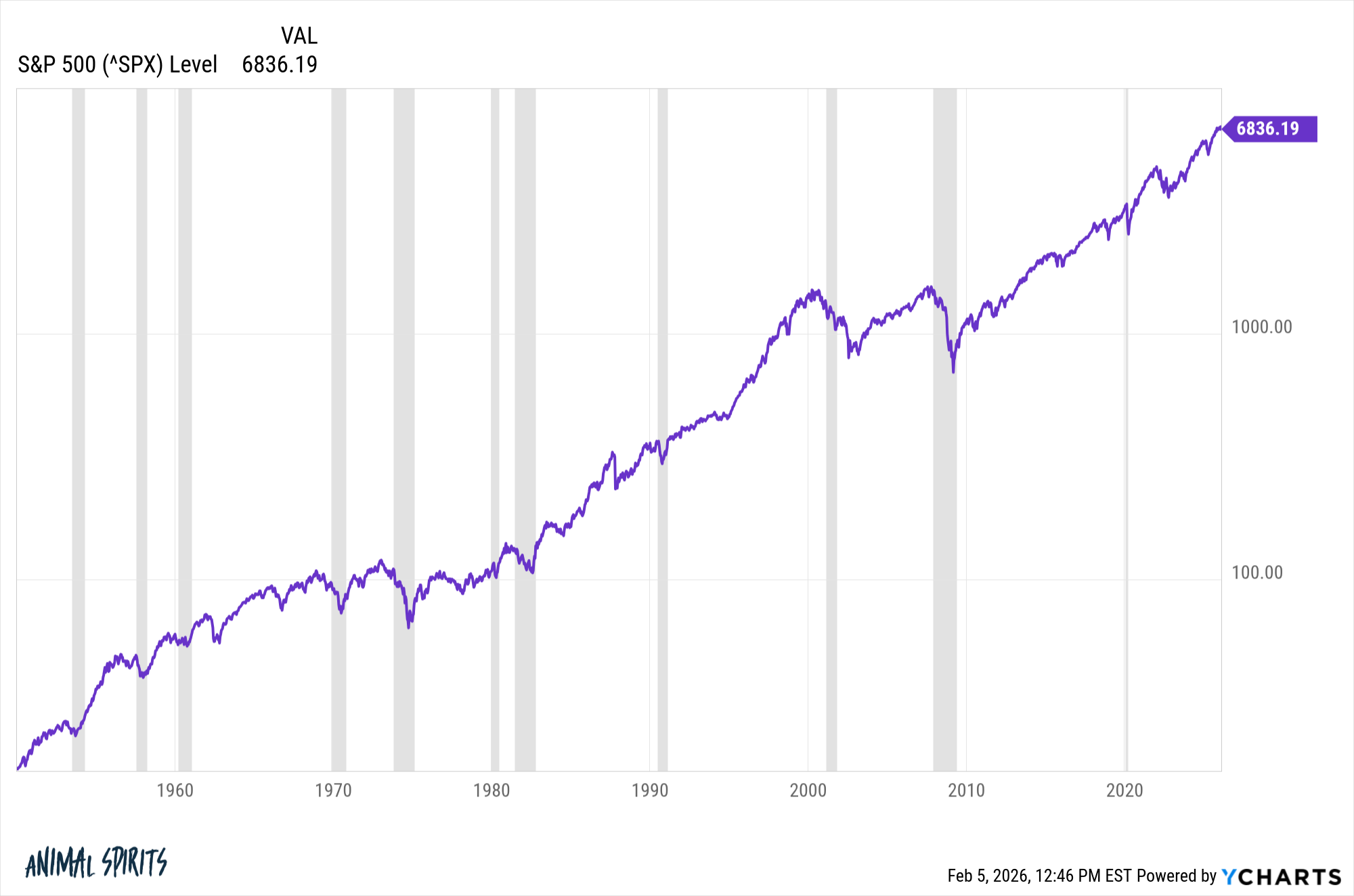Artificial intelligence is already transforming industries from finance to manufacturing.
But its biggest impact could come in healthcare, a field where breakthroughs can take decades and cost billions, yet often fail before reaching patients.
That’s where Cathie Wood is placing her latest bet.
Her ARK Innovation fund invested in electric vehicles, blockchain technology and artificial intelligence before the rest of Wall Street caught on.
And now she’s targeting biotech.
Last month, news broke that ARK had poured more than $46 million into biotech stocks, a sector that’s been stuck in neutral for the past three years.
And that vote of confidence is being echoed by a wave of fresh capital flowing into biotech.
Venture capital firms have invested $5 to $7 billion per quarter into this sector since late 2024, and PIPE deals have added another $2 to $3 billion.
So why biotech? And why now?
I’m convinced it’s because biotech is stepping into AI’s Phase 3…
The point where artificial intelligence delivers real-world results.
And I believe it’s about to reshape the biotech industry in the process.
Biotech: Bust to Boom?
The biotech bust after the pandemic was brutal.
Between 2021 and 2023, the XBI Biotech ETF lost more than half its value, as dozens of companies that went public at high valuations burned through their cash and plunged into penny-stock territory.
Source: Yahoo Finance
And it’s easy to trace the causes of this collapse.
The flood of IPOs in 2020 and 2021 left the sector oversupplied with companies, but short on results.
And after the heady days of COVID-era biotech gains, companies suddenly ran into higher interest rates. This made cash-burning business models unsustainable.
Drug pricing reforms in Biden’s Inflation Reduction Act added another headwind, squeezing profit expectations at the same time funding was drying up.
These factors caused the market to go from euphoric to toxic in less than three years. Research programs were shelved, and by 2023, layoffs spread through Boston and the Bay Area.
But sometimes a reset is needed, and this one cleared out a lot of companies that probably shouldn’t have gone public in the first place.
That’s why I believe today’s biotech rebound is built on sturdier foundations.
You see, drug development has always been a long and expensive gamble.
A single new therapy could often take 10 to 12 years and more than $2 billion to reach the market.
And, until now, most failed before approval.
But AI is rapidly changing those timelines.
At MIT, researchers have used generative AI to identify new antibiotic candidates for drug-resistant bacteria.
And this spring, the first fully AI-generated molecule — Rentosertib — entered mid-stage human trials. If it succeeds, this could mark the beginning of an era where computers routinely invent new therapies.
Just this month, Eli Lilly (NYSE: LLY) signed a $1.3 billion deal with Superluminal for AI-designed obesity drugs. It’s one of the largest deals ever for AI-generated medicine, and a clear sign that Big Pharma is buying in.
After all, AI-assisted breakthroughs are already becoming a game-changer for biotech.
McKinsey predicts AI could generate $60 billion to $110 billion a year in economic value for the pharma and medical-product industries
And that’s the very definition of AI Phase 3…
When an industry stops experimenting with AI and starts using it to make money.
But just as we’ve seen with chips and robotics, biotech is turning into a race with China.
China wrote AI drug discovery into its 2025 Five-Year Plan, and that’s fueling a surge of new startups. And since clinical trials start faster and run cheaper there, those startups have a baked-in speed advantage.
Firms like XtalPi, backed by Google and SoftBank, have moved aggressively into licensing deals worth billions.
And multinational drugmakers are now tapping Chinese partners for discovery pipelines that used to flow through Boston or San Francisco.
So while the U.S. still leads in sheer innovation, our lead is being threatened.
Yet our policymakers are only beginning to respond.
FDA approval times are longer than they are in China, and the Inflation Reduction Act’s drug pricing rules have created an uncertainty that Chinese firms don’t face.
Washington has debated boosting funding through a National Biotech strategy, but regulation still remains a big hurdle.
That’s why I view Cathie Wood’s recent investment as a bet that the U.S. sector will lean into AI to stay competitive.
Here’s My Take
Biotech has always moved in boom-and-bust cycles.
With AI now in the mix, I believe we could see the start of a new boom for the industry.
The FDA is on track to approve more than 60 novel drugs this year, one of the busiest pipelines in recent memory. That’s certainly one reason for ARK’s recent $46 million bet…
And why I believe investors should be watching biotech closely too.
Right now, our Strategic Fortunes and Extreme Fortunes model portfolios are light on biotech companies. But I’m working behind the scenes to identify which ones are positioned to lead this space.
Because if AI’s Phase 3 momentum keeps building, then biotech in the late 2020s could look a lot like semiconductors today…
A critical, fast-growing engine of the global economy, and a boon for investors.
Regards,
Ian King
Chief Strategist, Banyan Hill Publishing
Editor’s Note: We’d love to hear from you!
If you want to share your thoughts or suggestions about the Daily Disruptor, or if there are any specific topics you’d like us to cover, just send an email to [email protected].
Don’t worry, we won’t reveal your full name in the event we publish a response. So feel free to comment away!
Disclaimer: This story is auto-aggregated by a computer program and has not been created or edited by finopulse.
Publisher: Source link








